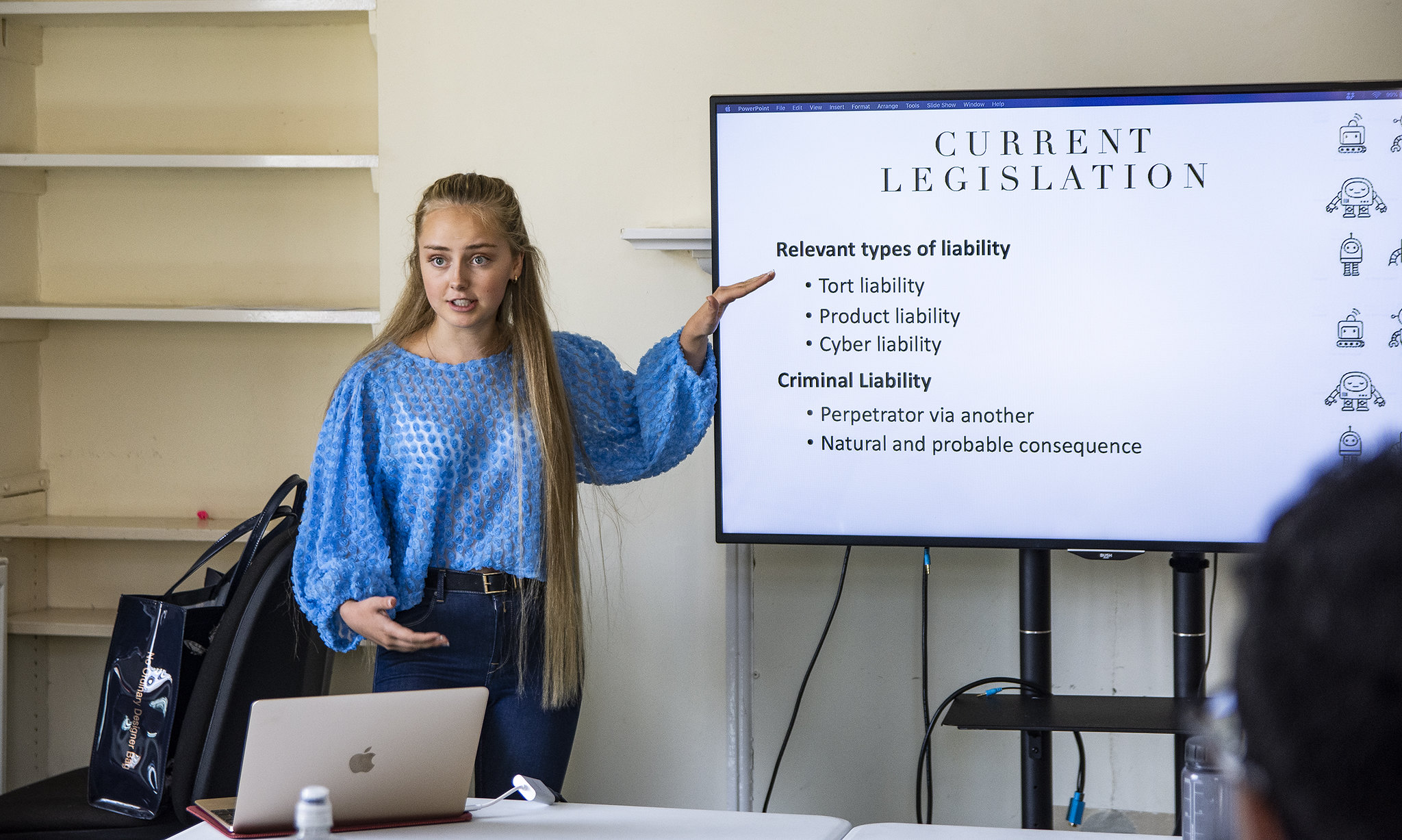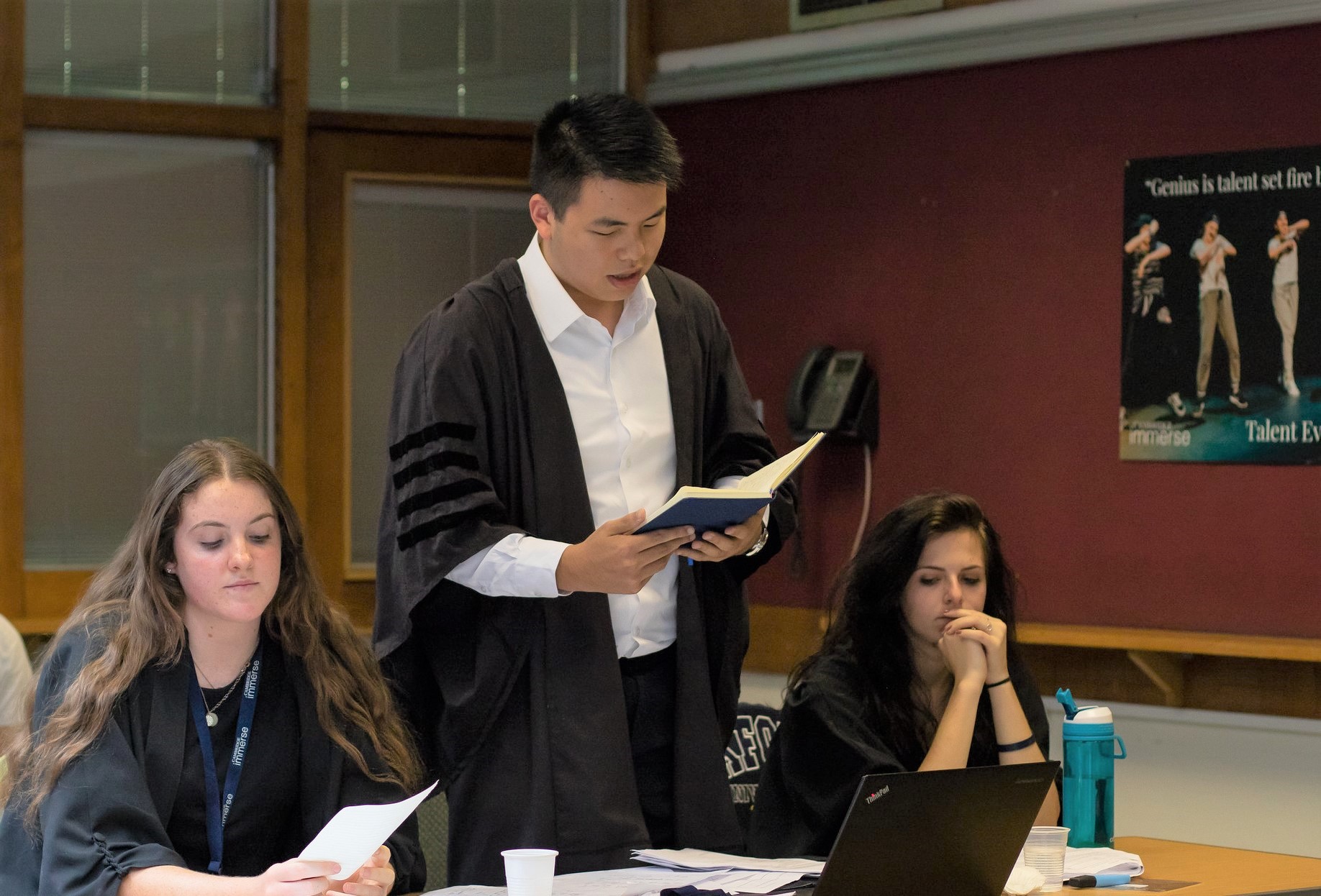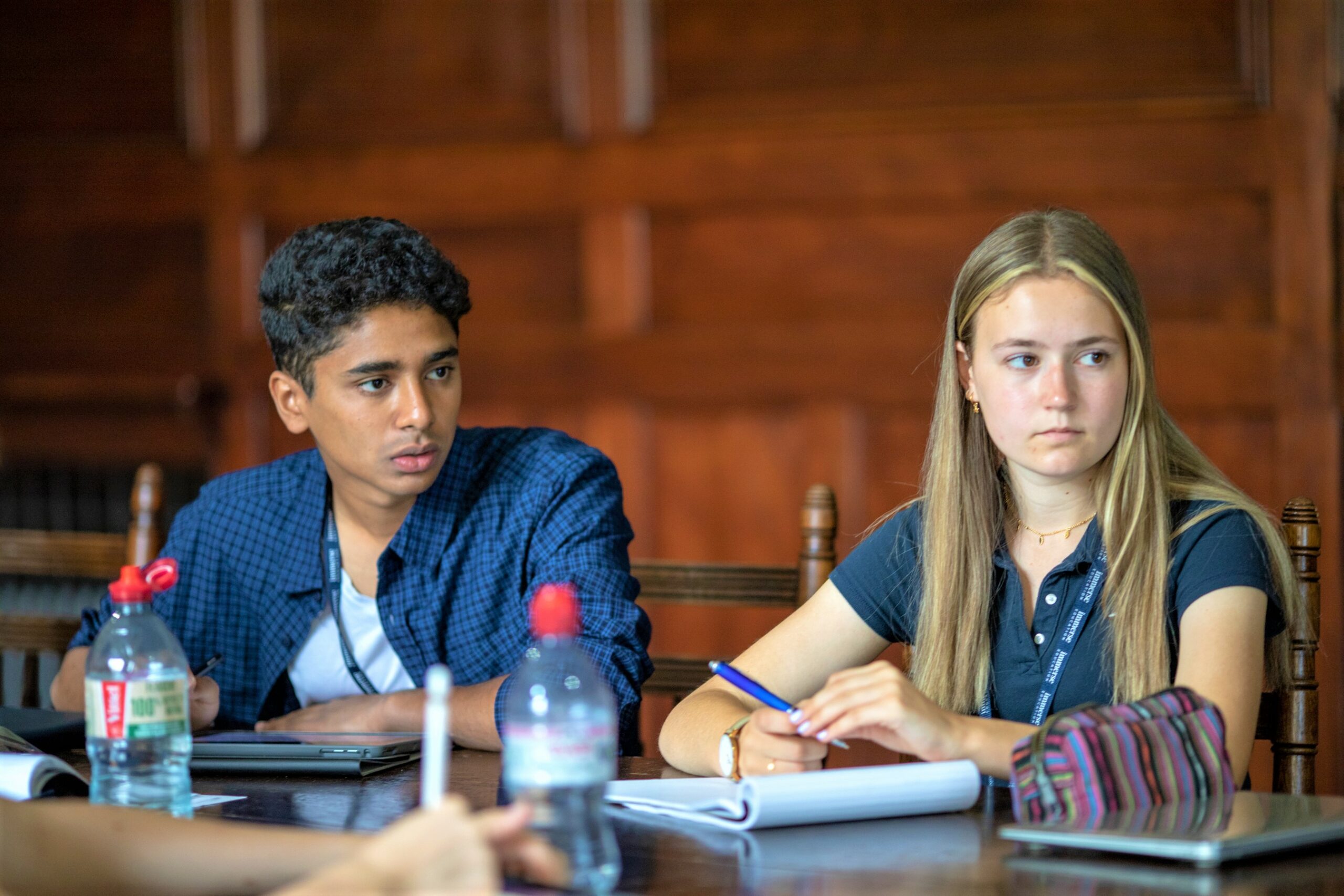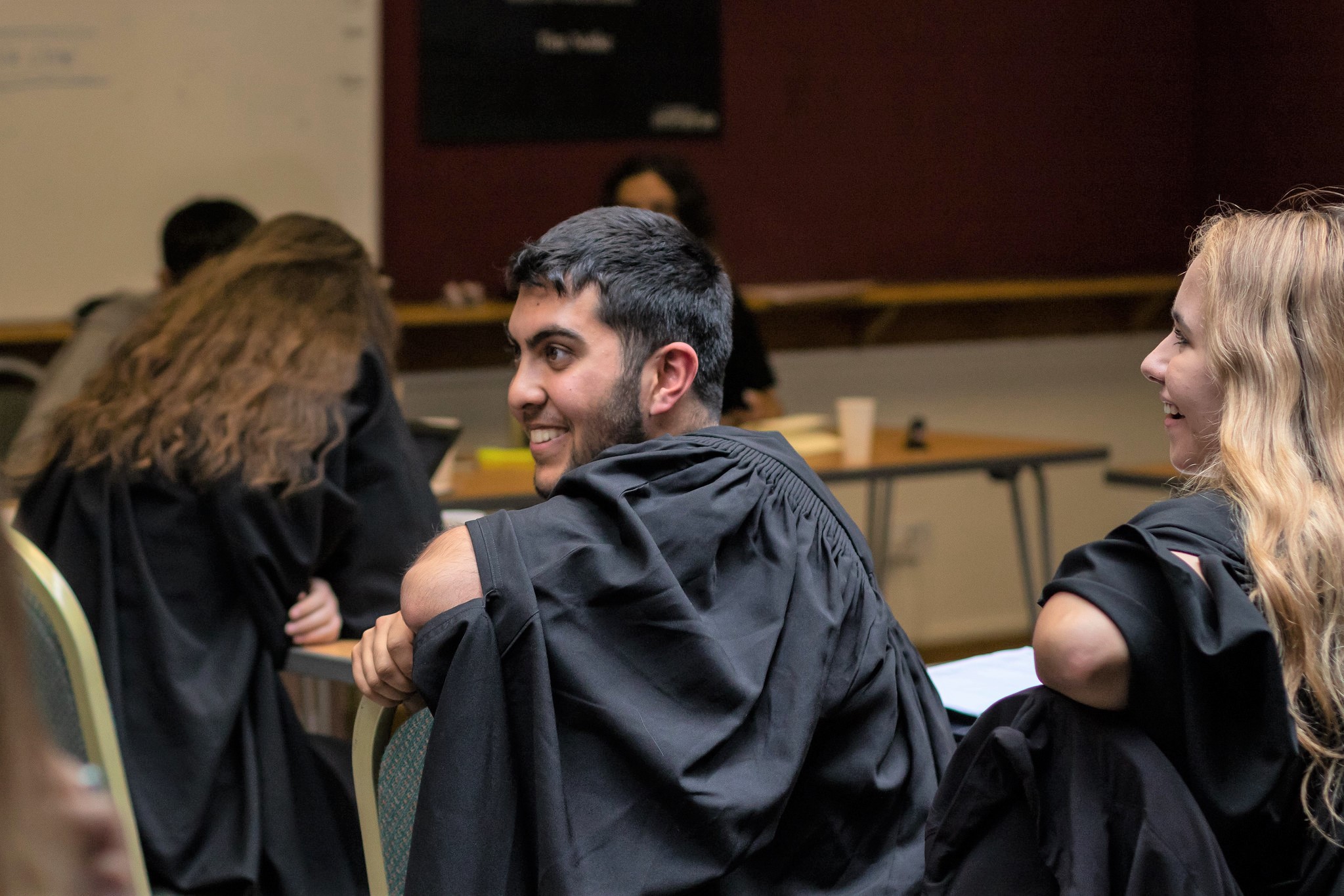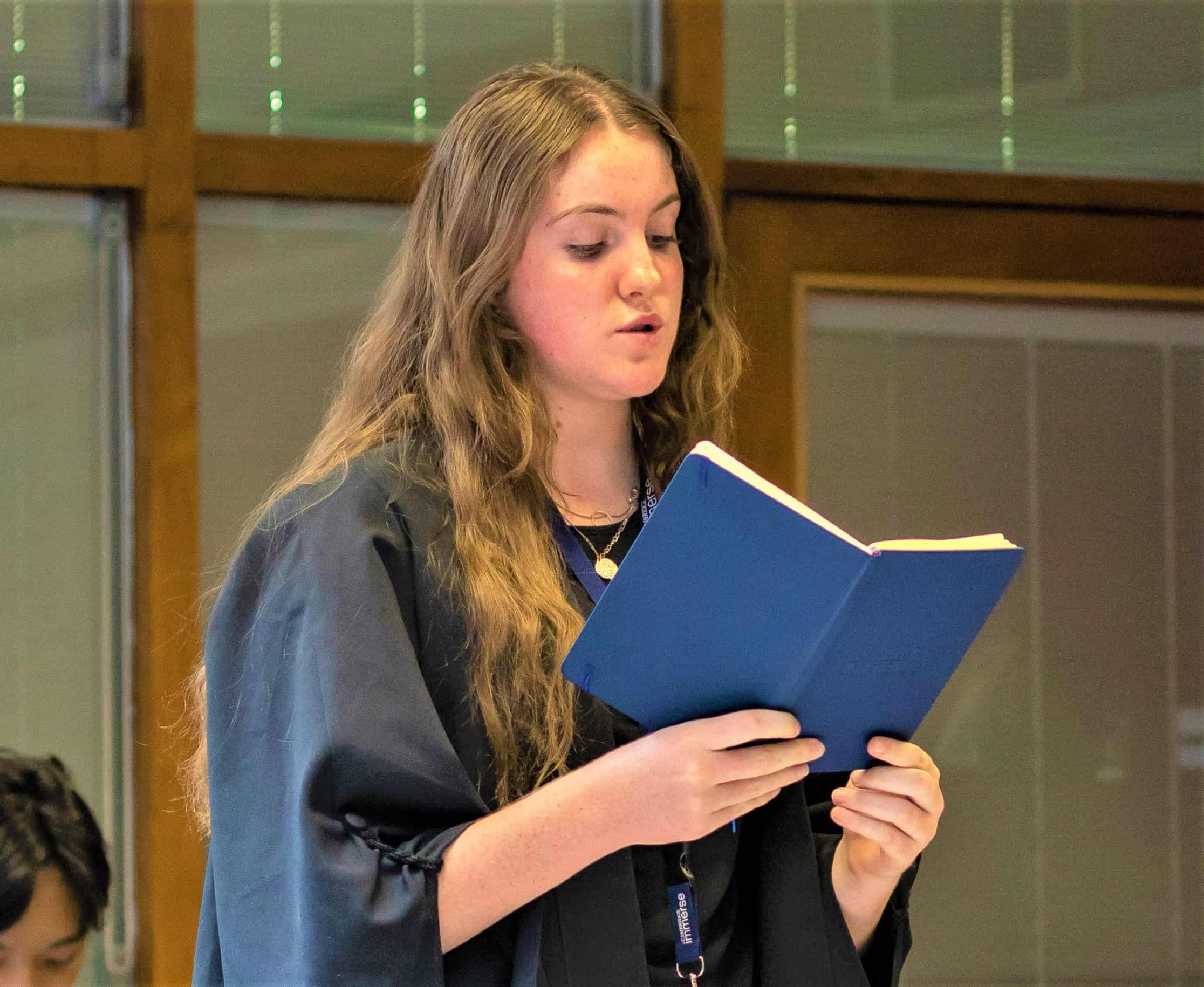Law Summer School
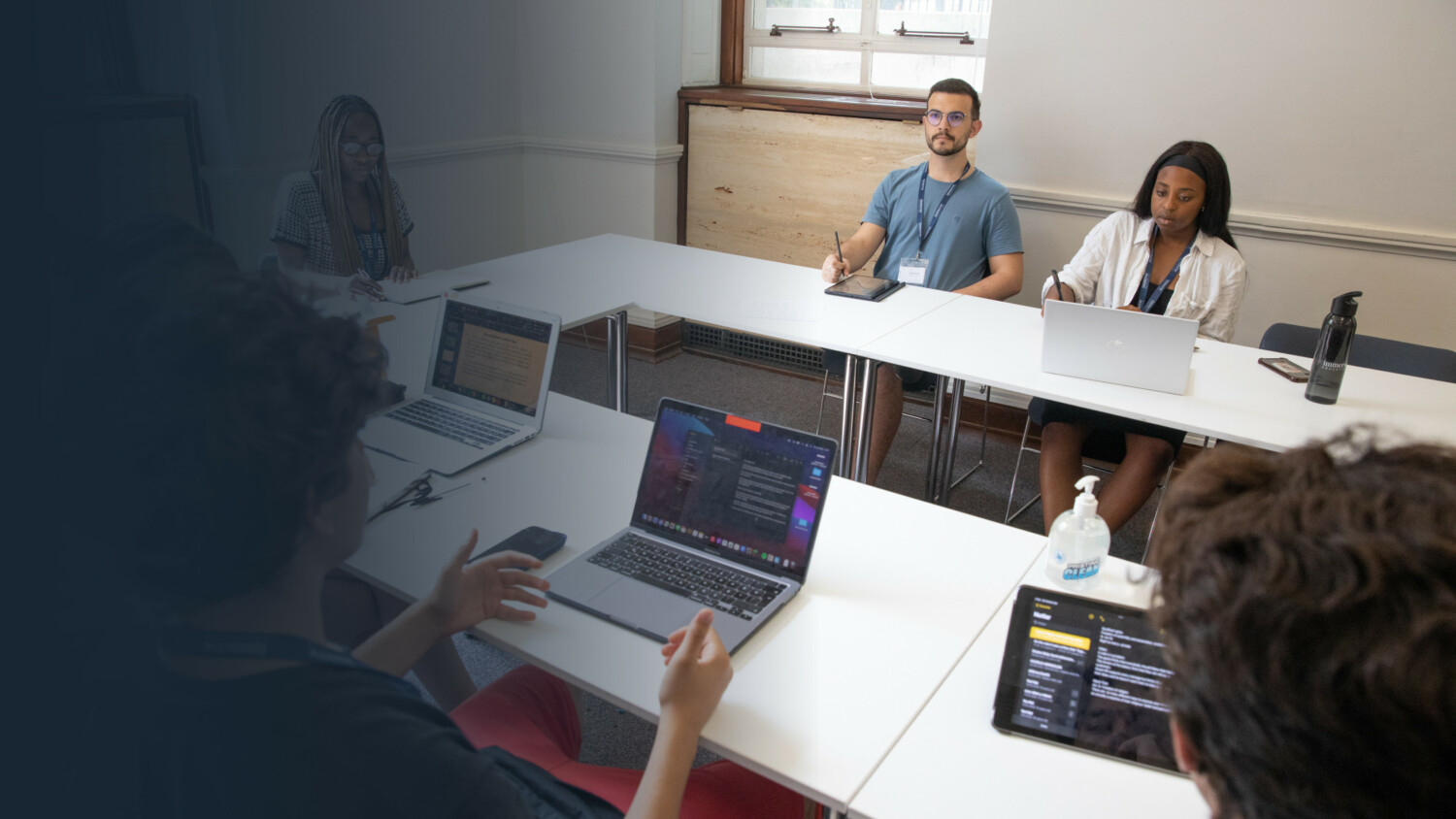
Unparalleled academic programmes
Law
Law
Law
Law
Law
Law
The class was encouraged not to jump impulsively to conclusions, but to think logically, applying all the skills and knowledge we had learned in the previous days. I truly believe that throughout the two weeks, through court visits, mock trial, explanations of the law and debates in class, the course instilled a sense of passion for law in me, which I truly didn’t expect to happen.
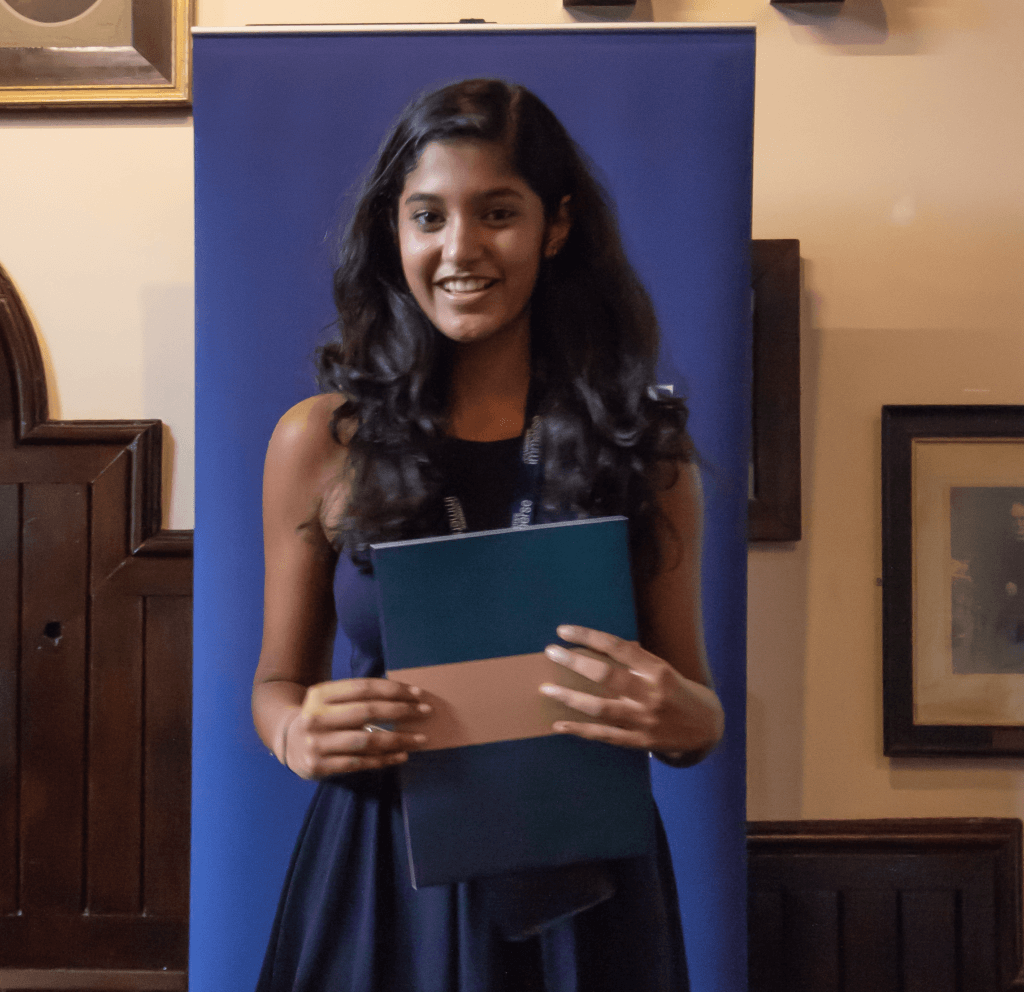

About the Immerse Law Summer Courses
There’s more to the law than wigs and gowns. Our Law summer school combines philosophy, history, logic, statistical analysis, and critical evaluation into one highly skilled subject with a plethora of sub-disciplines. Supported by a university tutor, you will explore core branches of law in England and Wales as well as international law, considering both the academic and practical sides to this esteemed profession.
During your two week stay, you will reside in a university college, discovering what the study of law entails. Beyond this legal studies, you’ll experience university life with fellow students from all over the world. Through our busy programme of social and cultural events, you’ll get to know the incredible heritage of the city around you and make lifelong friends in the process.
Are you looking for insight into what it is like to study law at university? Discover more on about our law summer courses!
Frequently Asked Questions
What is Law?
It’s a set of rules defining what people can and cannot do. Without it, constituents will suffer from a lack of order. Individuals and groups can abuse other people’s rights without fear of consequence. To protect everyone’s safety and well-being, governing bodies must reinforce laws.
Why is it important to study Law?
Studying Law gives you significant awareness of your rights and responsibilities as a citizen. You can see the law at work everywhere. From fundamental human rights to life to intellectual and property rights.
It will also help you develop critical analysis and argumentation skills. How and when do you apply specific laws? What are the exceptions? How will you defend your stance? Can you find the logical holes in your opponent’s argument? The constant exploration of these questions will sharpen your mind and confidence.
And if you have a strong sense of order and justice, studying law will give you the training you need to become a lawyer. Plus, combining Law with other degrees opens more opportunities for higher pay and job security.
According to the US Bureau of Labor Statistics, lawyers have a 9% employment growth from 2020 to 2030. Opening up about 46,000 positions per year.
In the UK, Financial Times reports that firms struggle with talent shortages. As a result, recruitment advertisements increased to 131% in 2020.
The Association of Graduate Careers Advisory Services’ Graduate Market Trends 2021/2022 declares that the top 5 professional jobs Law graduates go to include, Legal professionals n.e.c., solicitors and lawyers, legal associate professionals, Welfare and housing associate professionals n.e.c., and Police officers.
Immerse Education offers both online and residential courses for Law. The residential courses are located in Cambridge, Oxford, and London.
You don’t need prior skills, experience, or learning to take the residential courses for Law. But having an active interest in the subject can bring you far. Your expert Law tutor will provide work before the summer course starts, ensuring that you have the knowledge required to make the most of your time on our summer course.
For 13-15-year-olds at Oxford and Cambridge, the topics include:
Law In Action
What is the core of the legal profession? Developing substantiated and nuanced arguments. In this module, you’ll put theory into practice. Practise your oratory skills ahead of a moot court experience. Test your abilities and explore the structure of a UK legal trial.
Human Rights Law
This session introduces you to Human Rights Law. What are the normative foundations of the human rights doctrine? Should it have a constitutional validity above ordinary laws? To help explore these questions, study the three-generational framework common in human rights discourse.
Criminal Law
Welcome to the lesson on Criminal Law. Learn about the basic concept of mens rea and actus reus. How do you evaluate cumulative criteria in statutory language and common law precedents? What is the burden of proof for criminal convictions? Then, dive deep into the various offences, such as murder, manslaughter, battery and assault.
Mock Trial
You’ll have considerable knowledge and experience at this point in the programme. It’s now time to put your learnings into action. How? By participating in a mock trial!
For 16-18-year-olds at Oxford and Cambridge, here are the topics:
The Separation of Powers
The separation of powers is a cornerstone of British constitutionalism. In fact, it is one of the foundations of liberal-democratic politics. What is its purpose, and why is it important? The separation of powers is a complex topic. Especially when all the state branches arguably establish and interpret the law.
Equality Before The Law
What is the role of equality within the UK constitutional framework? This session will help you consider whether equality before the law is procedural or substantive. Does it apply only to rule application? Or is it constitutive of legal rules? You’ll also discuss how the state should respect this equality principle in a modern context.
Evil Laws and Evil Legal Systems
In what way is the natural law theory in conflict with legal positivism? Dive deep into the practical implications of law when dealing with evil laws and legal systems. What particular conceptions of law should courts uphold in such situations? This module will direct you to the Nuremberg trials. To give you a firm grasp of the implications.
Criminal Law in Practice
Witness criminal law in practice with this module. Observe carefully because you’ll prepare for your assigned role. All participants have vital roles to play in the justice system. Whether the accused, victim, witness, defence lawyer, or judge. You’ll have the opportunity to develop your oratory skills as you act out your role.
For 16-18 year-olds in London, the topics are:
Theory & Research
What is the nature of law in society? Is there a relationship between law and power? This introductory module will explore these fundamental questions. Get to know law theory in various applications, including tort law, international law, and contract law. Sharpen your skills are you investigate real-world case studies. And grow your confidence by presenting your findings!
Practical Experience
To gain practical experience, trips may include visits to The University of Law, the UK Houses of Parliament, the Royal Courts of Justice and the Supreme Court. You will also join a London Assembly public meeting. For what purpose? To have an insight into how the law relates to the public sector. Then you’ll visit the capital’s central criminal court: the Old Bailey.
Real-World Project
Here you’ll learn to use the elements of a mock trial. You’ll start by reading up on case studies in your chosen area. Then use theory and practical experience to form your position. After this module, you’ll have practised public speaking, debating, and teamwork. Strengthening your ability to present your arguments and manage your courtroom.
Professional Development
In this module, you’ll learn about the current and future careers in law. Listen to world-class speakers from the University of Oxford and Cambridge, Harvard Law School, ‘Magic Circle’ law firms such as Clifford Chance, and city firms like Taylor Wessing LLP. To bridge the gap between education and work trends in the market.
Motivated students ages 13-18 are best suited for Law courses. Are you planning to take Law at the university? Enrolling in this course will give you a massive leap ahead of your competition. And if you want to learn from expert Oxford and Cambridge tutors, you’ve come to the right place!




